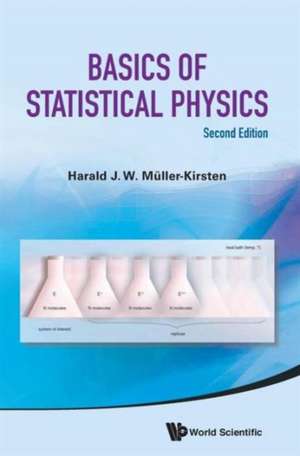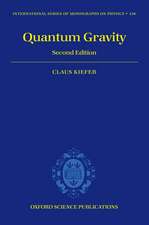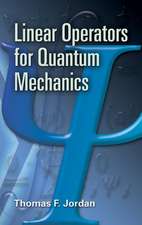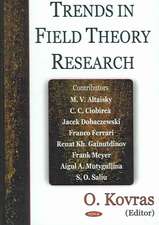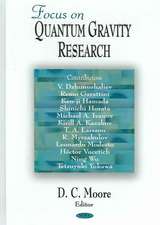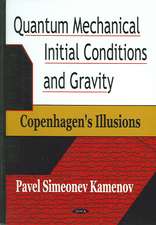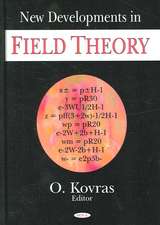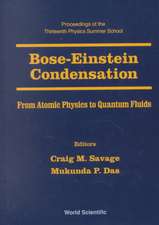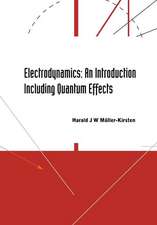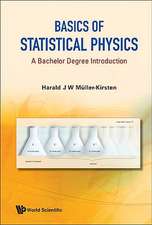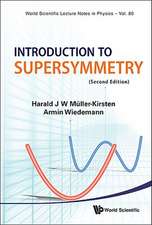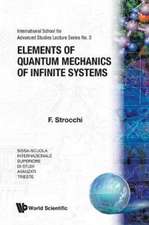Basics of Statistical Physics (Second Edition)
Autor Harald J. W. Muller-Kirstenen Limba Engleză Hardback – 24 mar 2013
Preț: 352.87 lei
Nou
Puncte Express: 529
Preț estimativ în valută:
67.52€ • 70.68$ • 56.20£
67.52€ • 70.68$ • 56.20£
Carte tipărită la comandă
Livrare economică 31 martie-14 aprilie
Preluare comenzi: 021 569.72.76
Specificații
ISBN-13: 9789814449533
ISBN-10: 9814449539
Pagini: 248
Dimensiuni: 168 x 249 x 23 mm
Greutate: 0.68 kg
Ediția:Revised
Editura: World Scientific Publishing Company
ISBN-10: 9814449539
Pagini: 248
Dimensiuni: 168 x 249 x 23 mm
Greutate: 0.68 kg
Ediția:Revised
Editura: World Scientific Publishing Company
Cuprins
Introduction; Statistical Mechanics of an Ideal Gas (Maxwell); The A Priori Probability; Classical Statistics (Maxwell - Boltzmann); Entropy; Quantum Statistics; Exact Form of Distribution Functions; Application to Radiation (Light Quanta); Debye Theory of Specific Heat of Solids; Electrons in Metals; Limitations of the Preceding Theory - Improvement with Ensemble Method; Averaging instead of Maximization, and Bose - Einstein Condensation; The Boltzmann Transport Equation.
